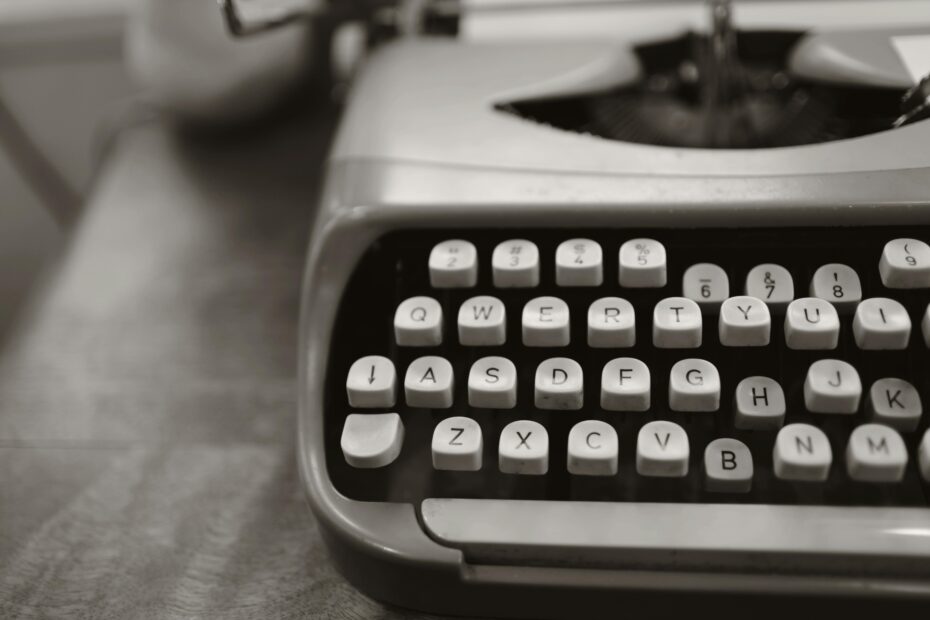Are adjectives and adverbs helpful – or a hindrance?
Both adjectives and adverbs can enrich your story, adding nuance and detail to descriptions and actions. They can serve to enhance and clarify your text and allow the reader to visualise characters, actions and settings.
However, they can also make your story clunky and difficult to read, reduce the impact of what you’re trying to convey, and obscure meaning. Beware!
Adjectives and adverbs are both modifiers – i.e. they modify other words. Adjectives modify nouns, and adverbs modify verbs, adjectives, and other adverbs. The selective use of modifiers can be helpful, but overuse can lead to trouble and look very amateurish. It’s all too easy to find published books sprinkled with weak adjectives and adverbs, which the author could have avoided by using a stronger noun or verb.
For example, in the following two sentences …
He approached the large, impressive house.
He approached the mansion.
… the strong noun mansion works better than the adjectives and noun combo, large, impressive house.
As well as the word, large, in the above, other adjectives that often crop up are, a lot, much, big, huge, little and tiny. This isn’t surprising as we use these terms in speech all the time – but that’s where the editing process kicks in. Do use it to select your words carefully.
Adding surplus adverbs can be tempting too. Do avoid redundant adverbs, such as quietly in the phrase, she whispered quietly (the whispering is already quiet).
Equally, we suggest that you find and ditch weak or unnecessary adverbs in favour of strong verbs.
For example, in the following two sentences …
He walked slowly into the room.
He sauntered into the room.
… the stronger verb sauntered works better than the verb and adverb combo, walked slowly.
So – are adjectives and adverbs useful or not?
Yes – they can be helpful – as long as you choose the right one for the right place and aren’t drawn into overusing them.
When it’s time to check your next draft, why not get your modifier-spotting hat on?
